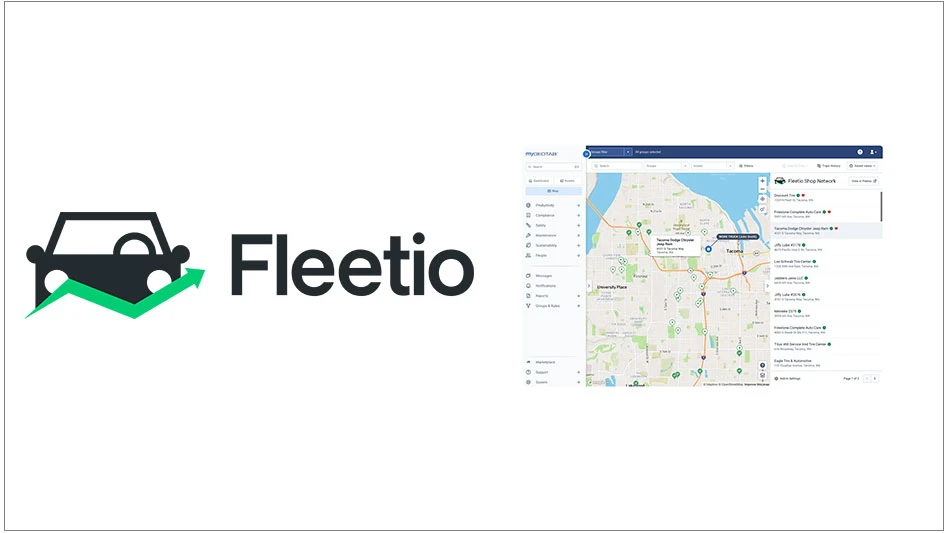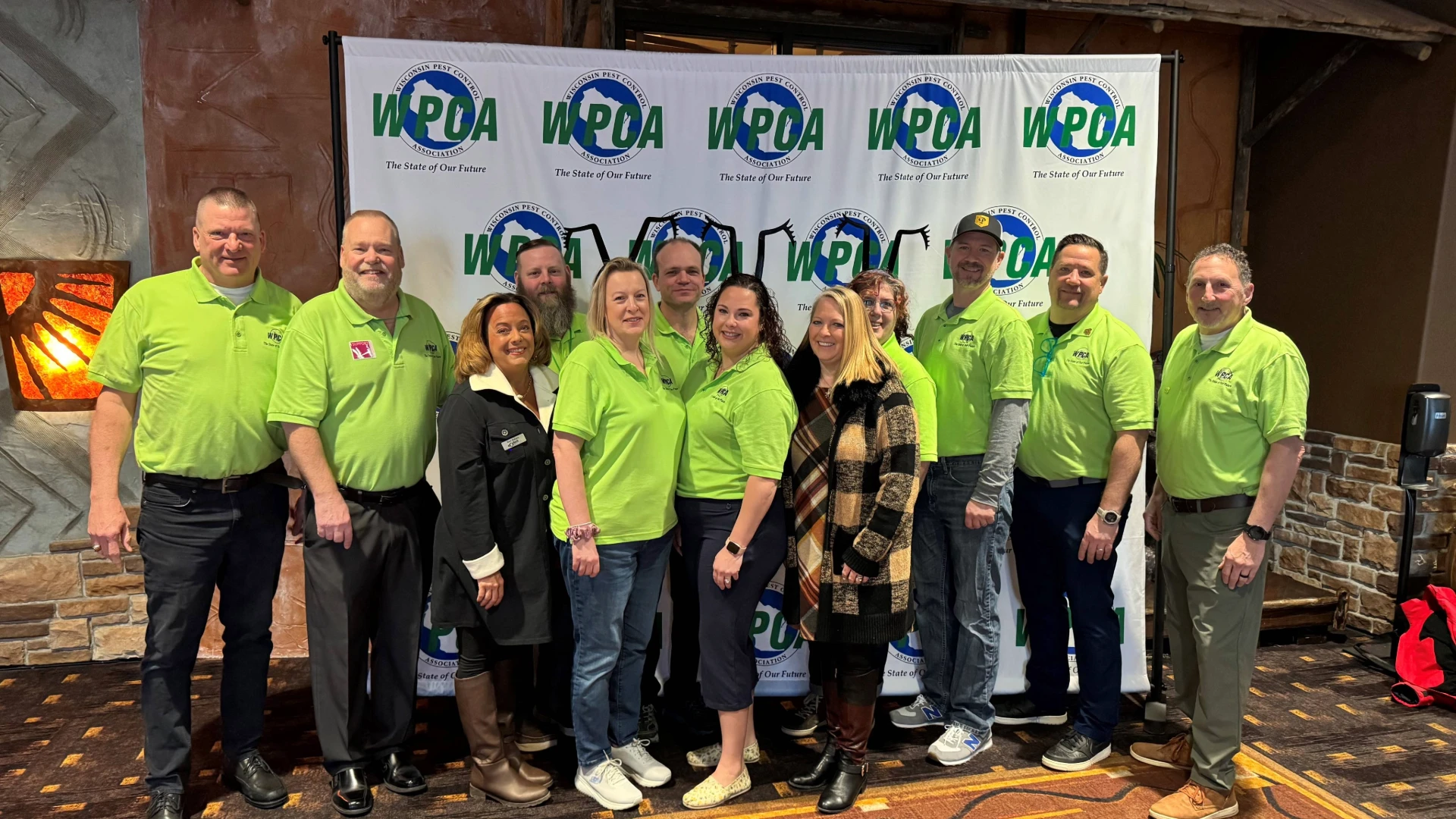Let’s face it — you can’t do it on your own. No matter how much energy or talent you possess, after a certain point, in order to grow your business or your department, you need people. And, it’s impossible to manage people effectively without first hiring effectively. I know you’ve heard a lot about hiring lately, but read on. This one’s worth it.
Throughout my consulting career I have continually challenged the popular notion that "a company’s greatest assets are its employees." Whenever I see this slogan, I remind the owner that people are not a company’s greatest asset; but the right people are. The fact is, ultimately, the success or failure of a business or department hinges on management’s ability (or inability) to recruit, hire and retain talent.
In the world of human resources, we have a motto that sums up this reality. You’ve probably heard the phrase coined by nutritionists, "You are what you eat." Well, in HR we say, "You are who you hire." True, isn’t it? It stands to reason then, if you hire employees from hell, you will soon have a workplace from hell. What a concept! It’s better to hire smart and avoid people in red suits with horns.
HIRING SECRETS. What we’ve found in dealing with tens of thousands of employment challenges around this country is this: people are at their most productive when they’re in a position that lets them draw on their natural strengths and allows them to be themselves.
When people feel the need to act unnaturally, they experience stress, which lowers productivity and leads to job dissatisfaction. Example: people who know me quickly understand that I’m an impatient driver who is analytical, assertive and (unfortunately) low on the sensitivity scale. I’ve faced the fact that I don’t make a very good shrink, but my personality sure does suit consulting. Now, if you were to tell me that I had to become a CPA or a CFO of an organization, assuming I could learn the trade, I would be flat-out miserable. There are no two ways about it. I wasn’t made for that kind of work and simply would not enjoy it. I could do it, but it would cause me a great deal of stress.
You see, you don’t need to know a lot about people’s weaknesses, but you do need to know about their strengths. Why? Because building on strengths is much more productive than trying to correct weaknesses.
One way to find out about people’s strengths is personality testing. Another is through in-depth interview questioning. I’ve said it before: define the attributes that are needed for success in the position and then search for these with a structured interview process and good interview questions.
Too many interviewers make the mistake of overlooking traits that are essential for success in any position. These traits go beyond experience and previous work history and have become increasingly important as the workforce has changed. Take a look:
Work ethic. Work ethic is not something that comes with a long employment history. What we’ve found is that work ethic is developed at an early age and has more to do with feelings about work that formed in childhood. To gauge whether or not the candidate has a strong work ethic, ask what type of chores he or she was responsible for as a young adult. Did the candidate work for an allowance? Did he or she work through high school? Ask questions that provide clues to an early development of a strong work ethic.
Loyalty. Does the candidate have any childhood friends? Is there evidence of long-term relationships that require loyalty?
Sense of humor. This is not the ability to tell a joke, but the ability to go through life’s ups and downs and still keep a smile. It’s the concept of seeing the glass "half-full" instead of "half-empty." Talking with the candidate about the different challenges he or she has faced will give you clues about this one.
Respect. One of the best tests of respect is how the candidate treated the receptionist. You can have the receptionist complete a form after meeting the candidate that zeroes in on how easily the candidate smiled and whether or not the candidate was polite.
Judgment. There’s no replacement for an employee who exercises good judgment in decision-making. This one relates to common sense. Ask the candidate to give you examples of using his or her judgment and thoughts in making decisions.
Flexibility. A person who opposes change can have difficulty growing. Look for clues in the candidate’s life and personal development — evidence that he or she has been open to change, both personally and professionally.
Integrity. The credibility of your company is at stake with every new hire. Only hire people with complete integrity. Cross-check information from the employment application, resume, reference checks and the interview. Conduct background checks to verify integrity.
Maturity. Contrary to popular belief, maturity does not necessarily come with age! Again, spending ample time with the candidate talking about his or her past will give insight into the maturity level. Also, it has been said that maturity is the ability to delay self-gratification. If this is true, look for signs that the candidate has not given into every whim in his or her life.
Dependability. This can be verified by reference checking and talking with former employers about dependability.
Intelligence. It’s no secret that intellect does not necessarily come from formal education. My former tennis coach has a college degree and can’t spell "lob." You can test employees for the ability to learn using formalized aptitude tests.
Initiative. This one is difficult to assess during the interview, but easy to pick up on shortly after hire. Ask reference sources about initiative and look for signs within the first 90 days of hire. If you don’t see initiative, then it’s not likely to develop.
Enthusiasm. There’s a name for people at our firm who are not enthusiastic — unemployed! Only hire people who believe in your company mission and philosophy. One way to gauge genuine interest and enthusiasm (aside from conversation) is to give the candidate a tour. It’s one thing to say you’re excited about a job. It’s another thing to show it.
NO SHORTCUTS. These traits can be identified through personality profiles, proper questioning and quality time
with the candidate. There are no shortcuts. Proper interviewing and hiring take time. The more time you invest with the candidate, the more you will learn.
The reality is that success in a job depends on competencies that are intangible and rarely found on a resume. Previous experience, which was once the sacred cow in hiring, is almost meaningless. In any position, always choose the person with the right attitude and the qualities outlined previously over the person with experience. You can teach someone who is mature, intelligent, respectful and positive. Good luck with the experienced candidate who is immature, undependable, hostile and inflexible.
Bottom line: what people know is less important than who they are. If you hire for attitude and train for skill, you’ll be better off in the long run. Trust me.
The author is president of the Winter Park, Fla., consulting firm, Seawright & Associates Inc. She can be reached at

Explore the May 2001 Issue
Check out more from this issue and find your next story to read.
Latest from Pest Control Technology
- NPMA Awards David Cooksey PestVet, Policy Person of the Year
- Pink Pest Solutions Opens New Kansas City Office
- GA Dept. of Ag Experts Urge Reporting of Yellow-legged Hornet Embryo Nests
- Lloyd Pest Control Treats 'Kitchen Nightmare' Cockroach Infestation
- Beach Pest Service Opens New Office in Hampstead, N.C.
- NYC PCO Growing Business with Focus on Corporate Clients
- Massey Services Promotes Silver, Crespo to Director Roles
- Recurring Services Model, Wildlife Offerings Lead to Impressive Growth for Tailor Made





